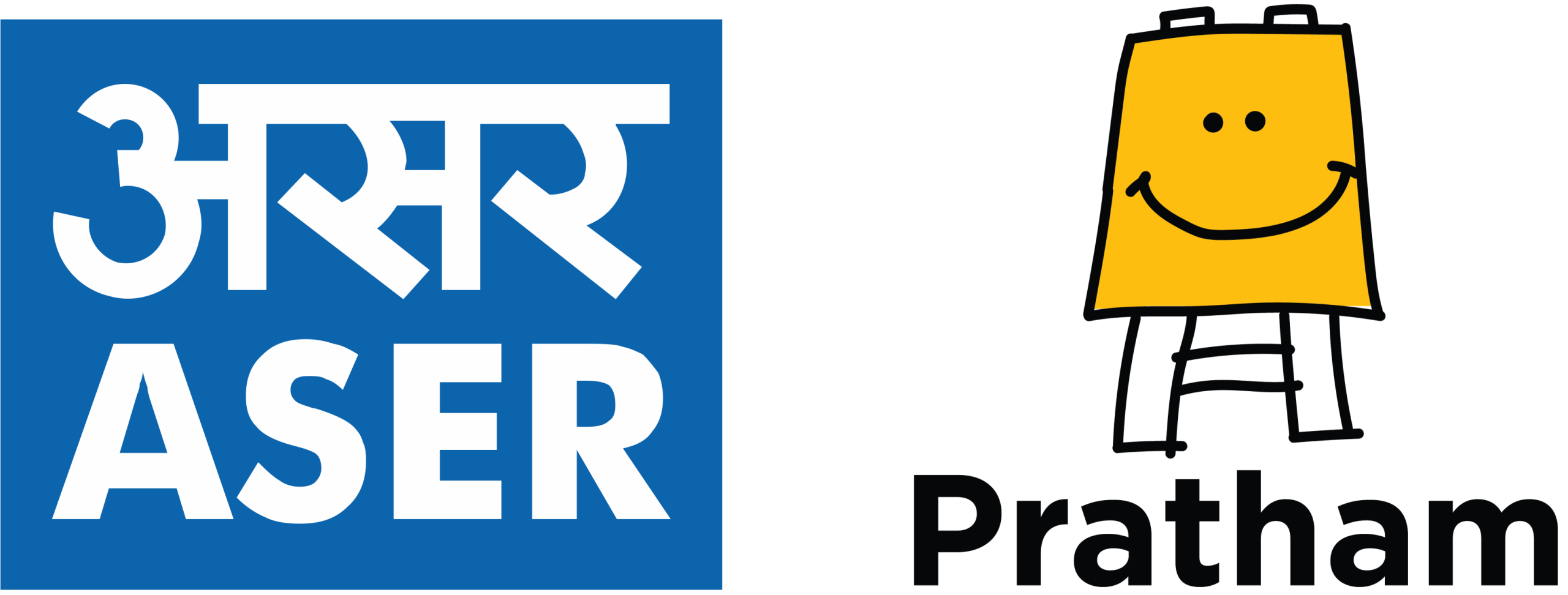Scalable policies for Early Childhood Development
The second and larger study combines stimulation with nutrition communication and will focus on informing and training mothers/caregivers in sound infant and young child feeding practices that have been known to play a crucial role in under-nutrition. In this study, we will test alternative service provisions, which include delivery of the curriculum by local women. The interventions were accompanied by an evaluation based on a randomised control trial.
A. Stimulation in the slums of Cuttack – Odisha (funded by Rushton Turner & Waterloo Foundation)
Duration: 2013 – 2014
Partners: UCL, IFS, J-Pal, ICDDR-B, Pratham Education Foundation – ASER Centre, CECED and Yale University.
Location: Cuttack, Odisha
B. Early Childhood Development: Impacting at Scale
Duration: 2013 – 2018
Partners: Yale University, NIH, IFS, University of Pennsylvania, Pratham Education Foundation – ASER Centre,
CECED, J-Pal
Location: 200 communities in Balasore, Balangir and Cuttack (rural) – Odisha


